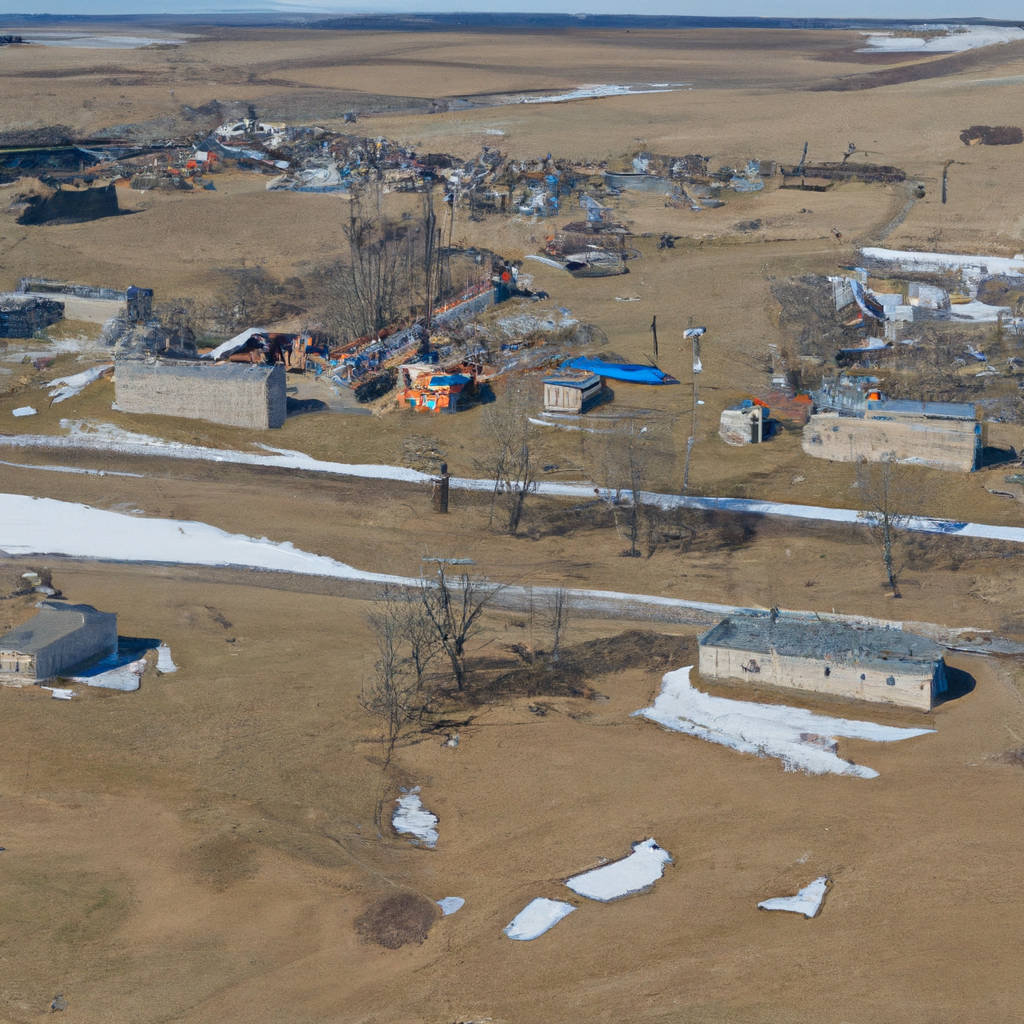Brian Cohee’s geographical location and his victims are central to understanding the depth of his actions. Residing in the Midwest of the United States, Cohee’s influence covers a wide range of individuals, from the vulnerable and unsuspecting to those in the lower tiers of society. The impact of his actions reverberates through the lives of his victims, leaving a trail of devastation and broken trust.
His victims, most of whom are financially disadvantaged, are perpetually trapped in a cycle of despair and desperation, as they grapple with the aftermath of his actions. Most of the individuals affected by Cohee’s actions are ordinary citizens, simply trying to make ends meet and navigate through life’s challenges. They are the silent victims of an intricate and merciless scheme, left to pick up the pieces of their shattered dreams. Cohee’s location in the heartland of America and his victim selection, both play a crucial role in understanding the magnitude of his actions. His activities, while seemingly confined to a specific geographical area, have a far-reaching effect, causing ripples of instability and distress that extend far beyond the immediate vicinity.
His victims, while diverse in their demographics, share a common thread – they have all been subjected to an intricate web of deceit, manipulation, and exploitation. The implications of Cohee’s actions on his victims are profound, leaving an indelible mark on their lives. These victims, caught in the crosshairs of an elaborate scheme, face an uphill battle to regain control of their lives and restore their faith in humanity.

Cohee Convicted of Killing Warren Barnes
In a dramatic conclusion to a high-profile murder case that has gripped the nation for months, Benjamin Cohee has been found guilty of the brutal murder of Warren Barnes. The jury returned a verdict of guilty after hours of deliberation, which marked the end of a trial that has sent shockwaves through the country. Barnes, a prominent businessman and philanthropist, was brutally killed in his home last year.
The prosecution argued that Cohee, a former employee of Barnes, held a grudge against his ex-employer, leading him to commit this shocking act. The defense team, however, insisted on Cohee’s innocence, suggesting that the evidence was circumstantial and did not conclusively prove his guilt. Yet, the jury was swayed by the prosecution’s argument and the strength of the evidence presented.
This conviction leaves Cohee facing a potentially harsh sentence, with the possibility of life imprisonment. The verdict has been met with mixed reactions from the public, with some celebrating the justice for Barnes, while others condemn the outcome, believing Cohee has been wrongfully convicted. Now, as Cohee awaits his sentencing, the Barnes family can hopefully find some solace in knowing their loved one’s killer has been brought to justice.
Cohee’s Incarceration Location
Cohee, a notorious figure in the criminal underworld, found himself ensnared by a meticulously laid trap by authorities. Consequently, he was stripped of his freedom and sent to a facility designed to confine and rehabilitate individuals who have disrupted societal norms. His incarceration location was not just any local detention center. Instead, he was sent to the high-security fortress of Alcatraz, an island-based facility known for housing the most hardened criminals.
The atmosphere in Alcatraz was unlike any other. The cold, damp air, coupled with the eerie silence that echoed through the corridors, was enough to send chills down the spine of even the most hardened individuals. Each cell was meticulously designed to restrict movement and human contact, with a single narrow bed, a desk, and a stool. The small window allowed a tantalizing view of the bustling city life beyond the water, a daily reminder of the freedom that was now out of Cohee’s reach.
The brutal regime in Alcatraz made daily life monotonous and challenging. It was a far cry from the criminal life he had known – one characterized by unpredictability and a constant adrenaline rush. The facility’s stern wardens maintained a strict schedule, starting with an early wake-up call, followed by laborious work details for the majority of the day, and ending with a mandatory lights-out policy.
The isolation from the outside world and the constant surveillance took a toll on Cohee’s mental state. He was no longer the confident, fearless figure he once was. Instead, he became just another nameless, faceless inmate, his former identity slowly eroding away. His incarceration location, Alcatraz, with its unyielding discipline and cold, forbidding atmosphere, played a significant role in his transformation. The notorious criminal was tamed, not by the fear of punishment, but by the harsh reality of life within the confines of this infamous facility.

Cohee’s Mother Calls 911
Late on a Sunday evening, Cohee’s mother, frantically dialed 911. Sweat trickled down her forehead as her heart pounded in her chest, her voice trembling with fear and anxiety. Cohee, her 15-year-old son, had been playing basketball with his friends at the local park when he collapsed suddenly, clutching his chest in immense pain. His friends immediately called his mother who had been at home preparing dinner. In a state of panic, she had instantly picked up the phone, her hands shaking uncontrollably. The operator at the other end of the line was calm and reassuring, professionally guiding her through every step of the way.
The 911 dispatcher swiftly gathered all the necessary information and relayed it to the emergency response team. Within minutes, the sound of sirens wailing in the distance was heard, growing louder with each passing second. Cohee’s mother prayed fervently, hoping that her son would be alright.
In the meantime, she rushed to the park, arriving just as the ambulance did. Medics jumped out from the vehicle, quickly moving towards Cohee with a stretcher. His mother watched as they expertly handled the situation, providing immediate medical assistance to her son. Her heart ached at the sight of her child in such a state, but she took solace in the fact that help had arrived promptly.
The speed and efficiency of the 911 service was commendable, instilling a sense of relief in an otherwise distressing situation. Cohee’s mother could only watch as her son was swiftly loaded into the ambulance, her heart filled with gratitude towards the first responders for their swift action. As the ambulance sped away, she hopped into her car and followed closely behind, hoping and praying for the best. The incident served as a stark reminder of the crucial role that emergency services play in society, providing immediate help in times of distress and potentially saving lives in the process.
Summury
A summury is a concise presentation or explanation of a more extensive or complex subject, topic, or piece of work. It often entails presenting the main points or highlights in a condensed form. Summuries are used in various fields including literature, research, and business. In literature, a summury can be a brief explanation or description of a story or novel’s plot. In research, it could be an abstract that provides an overview of a scientific study or a literature review. In business, a summury could be an executive summary that presents the main points of a report or proposal. A summury should be clear, concise, and comprehensive, capturing the essence of the full content without distorting or oversimplifying the information. It should be able to stand alone, meaning that even without reading the full content, one should be able to understand the main points, conclusions, or recommendations. Effective summuries require critical thinking skills to identify and present the most important points or aspects. They also require excellent writing skills to present these points in a clear and concise manner.

